
But right now, our food system is in crisis. One in 11 people face hunger while one-third of all food is wasted globally every year. And all of that lost and wasted food contributes up to 10 percent of all greenhouse gas emission – further driving the climate crisis.
Together, we can champion change. Change that can transform our food systems to work for everyone. Join us.
Beginning September 22nd, tune into our podcast series, digging into ideas from across our food system, where innovation, community and action meet.
Each episode we’re joined at the table by food systems champions — from business, policy, research and civil society — who share how they are reducing food loss and waste, improving access to nutritious food and creating a better food system for all.
Thank you to our podcast sponsors, Kellanova Và HEB, for making this possible.
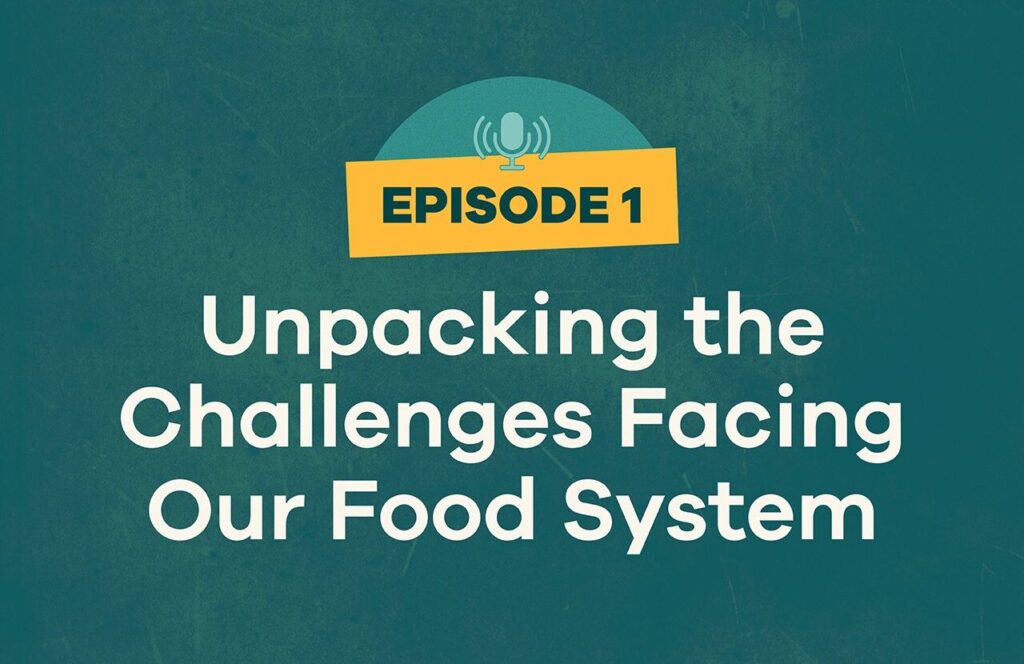
Unpacking the Challenges Facing Our Food System
Explore the biggest challenges facing our global food systems — from climate change to geopolitics—and how they affect access to nourishing food, and find out how food banks are part of the solutions.
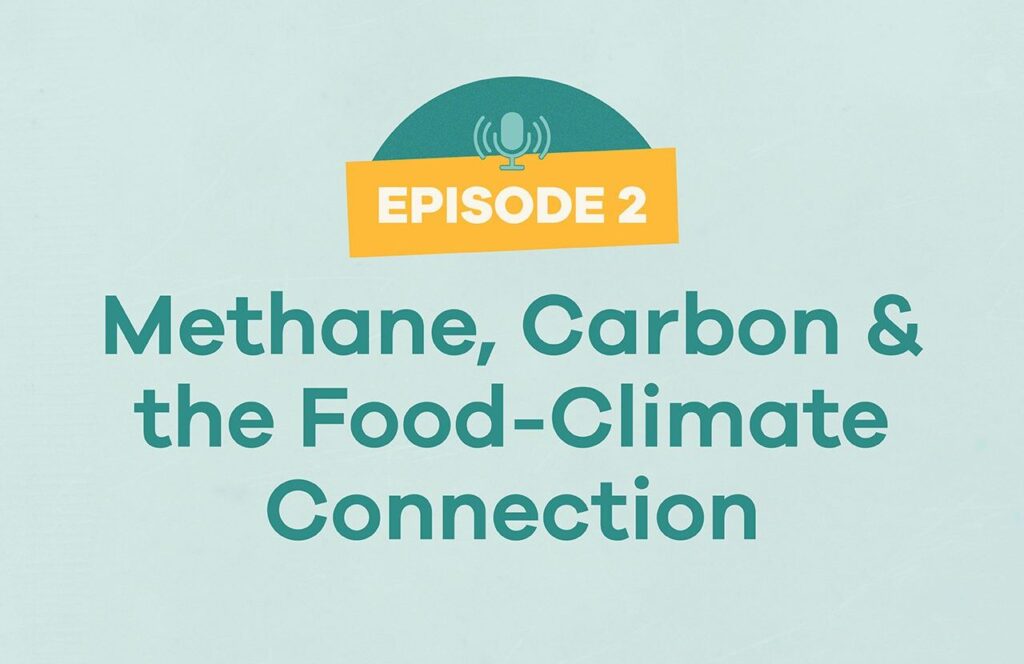
Methane, Carbon & the Food-Climate Connection
Find out why cutting methane emissions is a critical “emergency brake” for climate change and our food systems — and how data from food banks can help.

Making Food a Priority: Policy Solutions to Reduce Waste
Discover how policy, community innovation and national advocacy are reshaping solutions to reduce waste and improve food access.
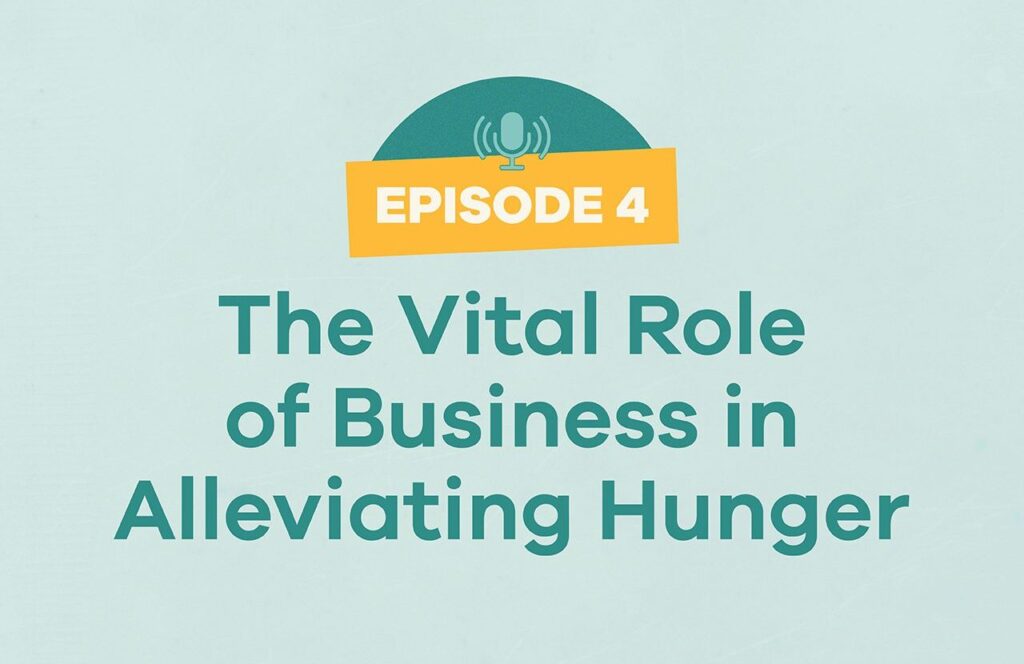
The Vital Role of Business in Alleviating Hunger
Dig into the role of businesses from across industries to alleviate hunger and reduce waste — because food banking isn’t just good for people and planet, it’s good for business and economies.
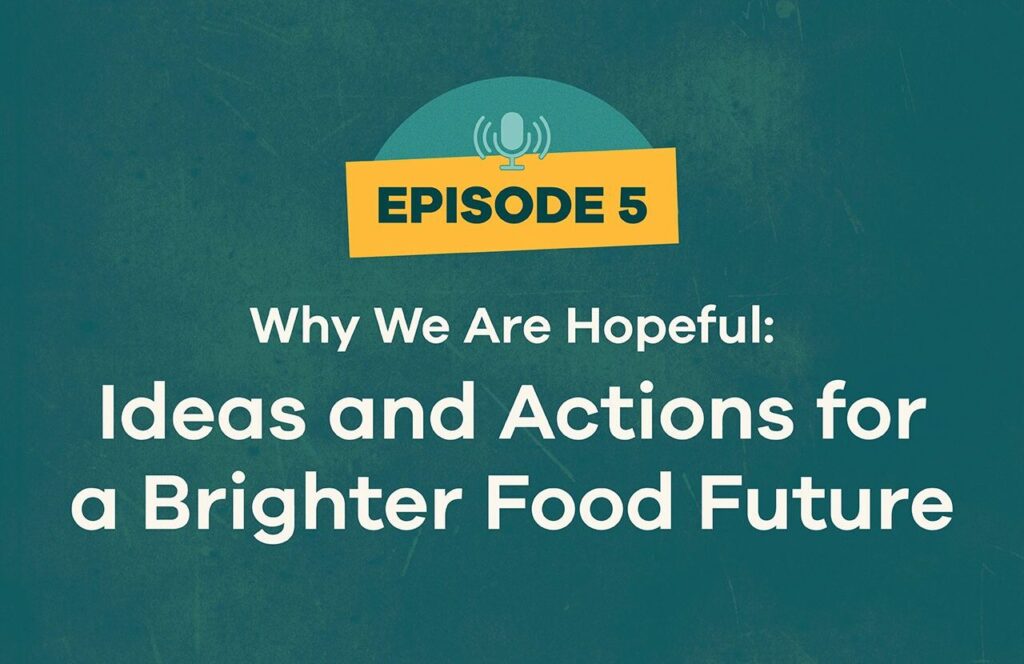
Why We Are Hopeful: Ideas and Actions for a Brighter Food Future
Despite the many challenges facing our food systems, this episode celebrates how food banks transform surplus into nourishment, opportunity, and hope for a more sustainable future.
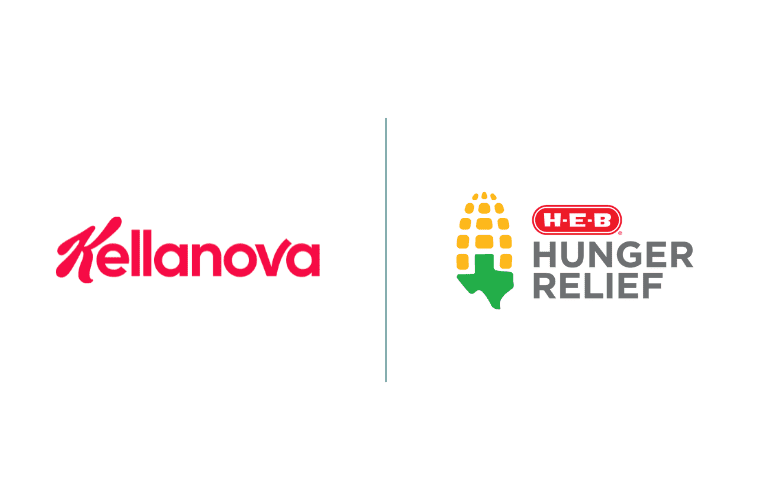
Thank you to our sponsors, Kellanova and H-E-B, for making this show possible.
Ready to drive food for change in the communities where you live and work? Here are four ways to get started.
Tune in to the Food For Change podcast to hear from inspiring changemakers transforming our food systems.
Use the Food for Change toolkit to help spotlight the solutions that nourish people and planet.
Follow us on social media to join the global community driving food for change. Find us on LinkedIn, Instagram, Facebook Và YouTube.
Volunteer, engage your workplace or advocate for strong food donation policies. Here are just a few ways you can partner with GFN to drive change.
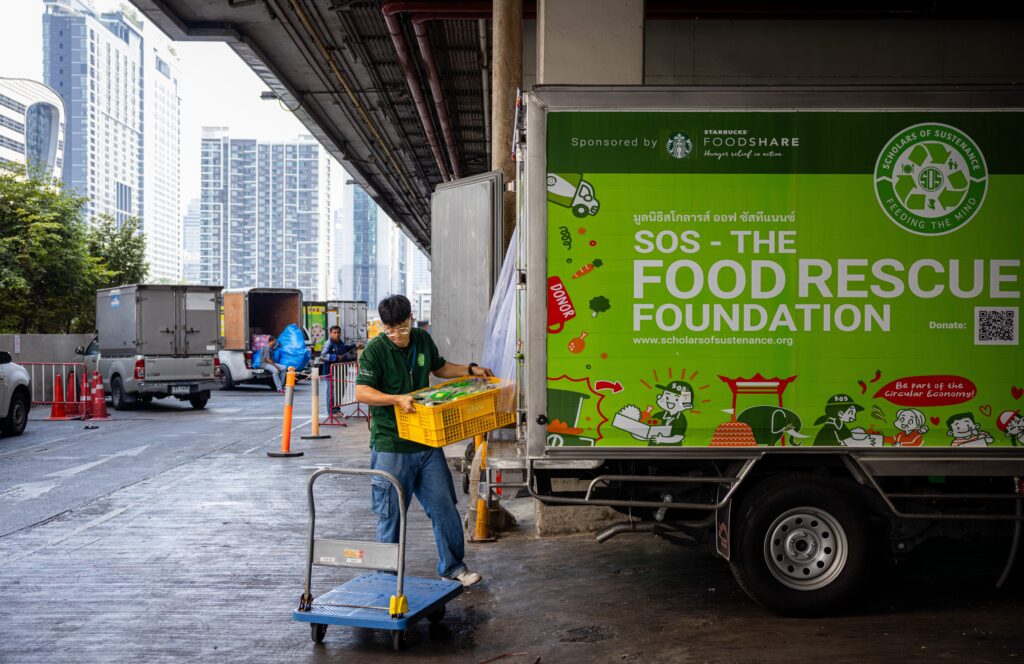
Bản đồ chính sách quyên góp thực phẩm toàn cầu
The Atlas’ groundbreaking research identifies the legal issues most relevant to food waste and donation as well as policy barriers and opportunities, providing policymakers with the tools they need to drive change.
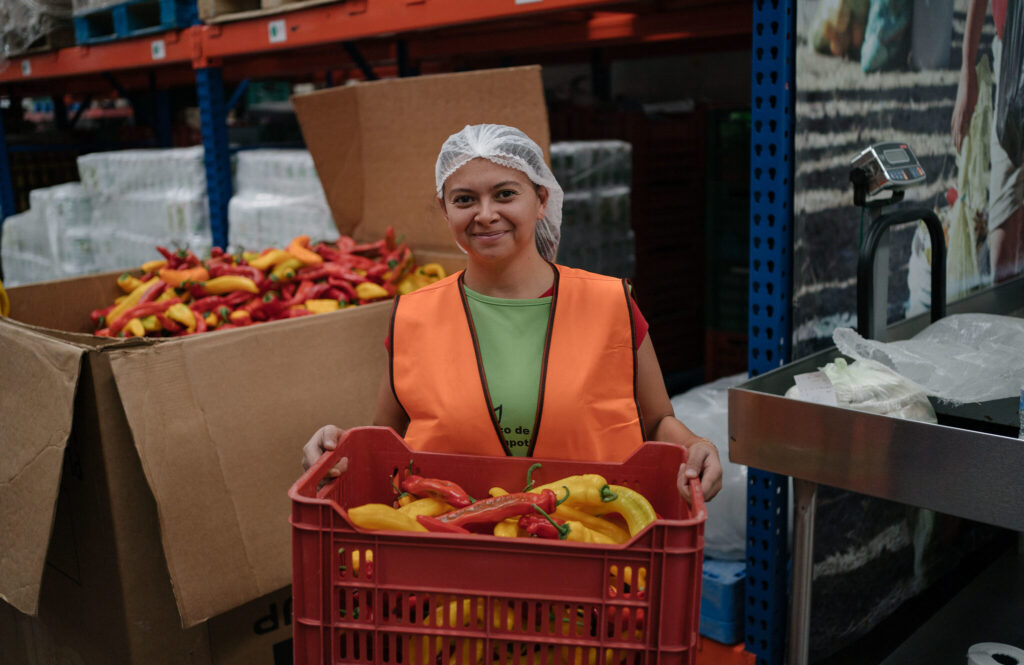
Phương pháp luận Methane FRAME
The Food Recovery to Avoid Methane Emissions methodology helps food banks prove their role in reducing food waste and methane emissions while helping governments meet their climate goals.
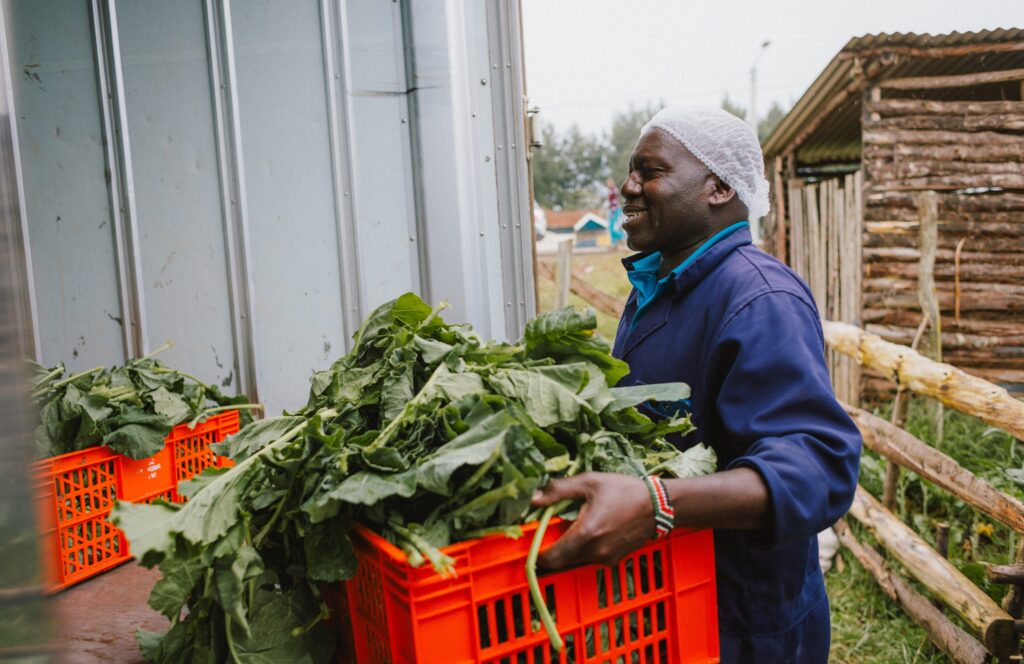
Phục hồi nông nghiệp
Through the GFN Agricultural Recovery Hub, we’re helping food banks grow partnerships with farmers to ensure more nutritious food makes it to people who need it.
Explore ways that your company can help transform our food systems in the communities where you live and work.
Bắt đầu
The solution is not new. It’s food loss and waste prevention, and recovery through food banks and donation. We don’t need to wait for new research; we need to implement this now.
Carolina Urmeneta, Global Methane Hub